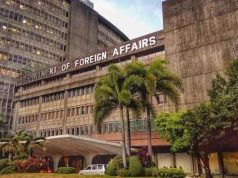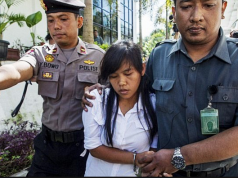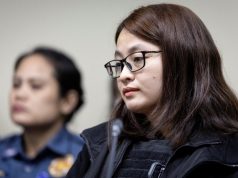
Government and organizations across industries such as banking institutions and retail companies have much to do to convince the Filipino public they could be trusted with their personal data.
A Microsoft and IDC Asia Pacific study titled “Understanding Consumer Trust in Digital Services in Asia Pacific” found that two of five or 44% of Filipino consumers have had their trust compromised when using digital services.
The number is astounding as it can affect the success of organizations in providing digital services in the Philippines. The lost of trust influenced more than half or 57% of respondents in the study to switch to another organization with a perceivably more reliable platform.
Worse yet, 38% of the respondents reduced the usage of a digital service while 21% stopped altogether using the service that lost their trust.
The study surveyed 454 consumers in the Philippines, asking them to provide give their opinion on five factors of trust when using digital services as defined by the researchers, namely privacy, security, reliability, ethics and compliance.
The respondents felt that all five elements of trust are all important to them, even as security (87%), privacy (93%) and compliance (89%) ranked the highest.
Amid the general distrust in digital services, the institutions that earned the most trust were financial services, education and healthcare.
Commenting on the findings, Andrés Ortolá, Microsoft Philippines’ general manager, encouraged the government and organizations to narrow the trust gap.
“We urge business leaders to do more to understand what drives consumer trust and focus on how they can build trust and make it a key competitive advantage for their digital services,” Ortolá said in a statement.
Red flags: Government and companies
While most Filipinos need to see government as a more trustworthy provider of digital services, 44% of them said that government should take the lead in building that trust.
About 35% of those surveyed, meanwhile, believed that technology companies should be the leader in building trust.
The researchers said this indicates the “need for a stronger partnership between governments and technology companies.”
Over the past few years, major blots on the Philippine government’s digital services record were data breaches on the Commission on Elections in 2016 and the Department of Foreign Affairs in 2019.
A group of anonymous hackers defaced the Comelec website as a protest to call for tigher security policies for elections. They also leaked personal data of voters in a search engine that was since taken down.
In January this year, a data leak scare also rocked the DFA when Foreign Affairs Secretary Teodoro Locsin Jr. disclosed an alleged theft of Filipinos’ passport data by an outsourced printing supplier. The Philippine National Police called the supposed incident a national security threat.
As the statement made news, his own agency called the secretary misinformed and denied that there was a data breach.
Microfinance and remittance company Cebuana Lhuillier, also in January this year, admitted that its email servers were breached, affecting data of about 900,000 of their clients.
Last year, a data breach on Hong Kong-based carrier Cathay Pacific affected the personal data of more than 100,000 Filipino subjects including their passport numbers, addresses, telephone numbers and credit card details.
The largest data breach so far in the Philippines involved social networking giant Facebook and the data of about 1.18 million Filipino users. British consultancy firm Cambridge Analytica allegedly misused Filipinos’ data collected from the social network to launch sophisticated misinformation campaigns for the benefit of select politicians in time for the national elections.








